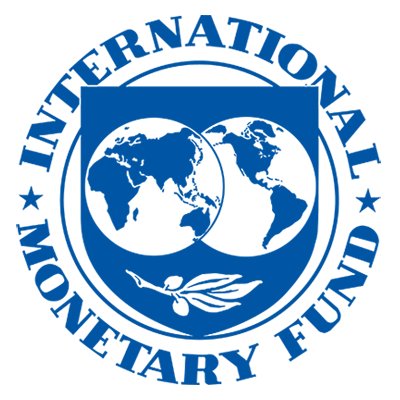The International Monetary Fund on Thursday painted the precarious situation of the nation’s economy in particular and Sub-Saharan Africa’s, in general, going by how much the country and the region spend on debt servicing.
According to the Breton Woods financial institution, Nigeria spends more than 50 per cent of its revenues on servicing debts, a situation that does not give room for other necessary expenses.
Speaking at the presentation of the Regional Economic Outlook for Sub-Saharan Africa – Capital Flows and the Future of Work in Abuja on Thursday, Senior Resident Representative and Mission Chief for Nigeria, African Department, Amine Mati, put Nigeria’s growth rate for 2018 at 1.9 per cent.
Mati said that although Nigeria’s debt to Gross Domestic Product remained low at between 20 and 25 per cent, the country spent a high proportion of its revenue on debt servicing as a result of low revenue generation.
For Nigeria, he added, the debt servicing to revenue ratio was more than 50 per cent while for sub-Saharan Africa, the rate was about 10 per cent; a figure he said was too high and reminiscent of what the region went through in the period following debt relief at the beginning of the 21st century.
Mati said, “Security issues are exacting a significant human toll in a number of countries. Debt to GDP ratio is increasing in the past five years. Public debt is diverting more resources towards debt servicing.
“The interest rate has gone up to where they used to be around the year 2000 before the debt relief. The adjustment has relied on spending compression rather than revenues mobilisation. Meeting the Sustainable Development Goals will require stronger growth and more financing.”
The IMF top-notch said that the sub-region needed to create 20 million jobs every year and added that the situation was even more precarious with the Fourth Industrial Revolution lurking around.
“Policies are needed today to create more jobs in the coming years. Twenty million jobs are required every year in Sub-Saharan Africa to meet the SDGs. Job creation is complicated by uncertainty to which technology replaces labour,” he said.
Speaking at the event, Director General of the Debt Management Office, Patience Oniha, stated that it was important for the government to borrow especially given the nation’s low revenue generating capacity
She contended that without sufficient revenue and with the recession that the country found itself between 2016 and 2017, the government had no option but to borrow and spend the country out of recession.
Oniha said, “We are borrowing to be able to increase forex availability. The government needed to borrow in order to spend the country out of recession.”
She disclosed that the government had proposed to borrow N1.5tn in the 2019 fiscal year, adding that borrowing had reduced as the nation was now out of recession.
Justifying this viewpoint, Oniha said that in 2016, the Federal Government borrowed N2.5tn which was approved by the National Assembly while it proposed to borrow N1.64tn in the current financial year.
In 2019, she added, the proposed debt of N1.5tn had gone further down. She added that the government had taken steps to diversify the economy and increase tax collection which she said was lower than in most countries of the Economic Community of West African States.
The DMO boss differed with the opinion of a questioner who argued that the infrastructure in the country had been decaying despite increased borrowing in the last three years.
However, a Non-Governmental Organisation, Social Action, has berated the government for its inclination towards borrowing.
In a statement made available to our correspondent in Abuja on Thursday, Head, National Advocacy Centre, Social Action, Nigeria, Vivian Bellonwu-Okafor, said that the inclination to borrow by the government showed cluelessness.
Bellonwu-Okafor said the recent statement made by the Minister of Works, Power and Housing, Babatunde Fashola that ‘those who complain that we (FG) borrow too much should tell us where else to find funds’ was not only unfortunate but also a glaring admission of cluelessness.
She said, “While it is distressing to watch the country’s debt profile balloon into pre-2006 levels – before the debt buyback deal when the Olusegun Obasanjo administration paid $12bn to eliminate over $30bn then owed to the Paris Club of creditors – it is disheartening that the Buhari government seems to be bereft of ideas on what to do to generate revenue without resorting to excessive borrowing.”
Credit: The Punch






Leave a Reply